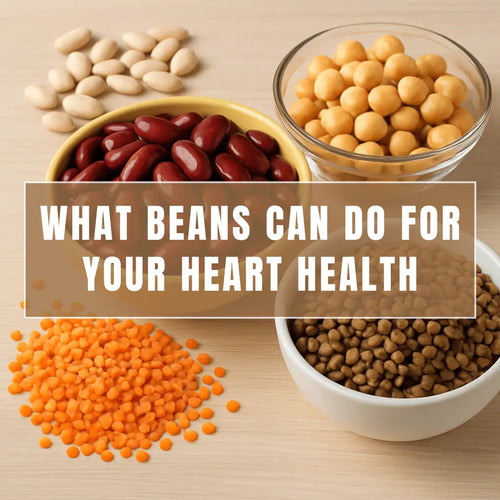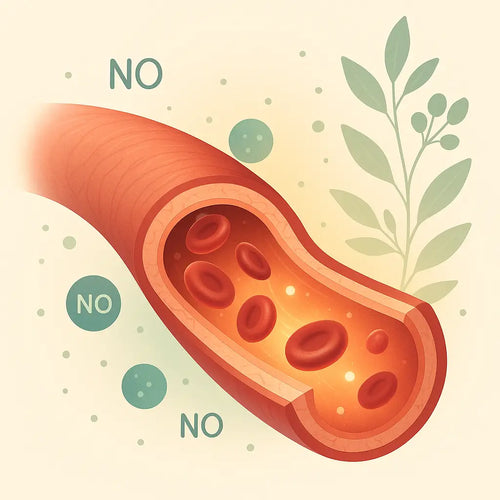Until recently the belief was that fat, especially saturated fat, increased cholesterol and increased cardiovascular risk, but that is now being questioned.
Even saturated fat from animal sources is now promoted by some as a healthy way to eat. Fat is certainly necessary for production of hormones, the cell membranes and the nervous system, but does that mean that saturated animal fat is healthy?
Total cholesterol levels by itself does not tell the whole story, what’s more important is the particle size of both LDL and HDL cholesterol, how many small particles of LDL cholesterol you have, and if you have low grade inflammation.
I explained in a prior post how atherosclerosis may be created.
First, I want you to know that there is research showing contradictory results. I have looked at a lot of studies, and I picked some of the ones I thought were the most accurate as examples here, keeping the big picture in mind.
When The data of 8 studies including 13,614 participants was analyzed, it was found that by consuming polyunsaturated fat instead of saturated fat the rate of cardiovascular disease would be significantly reduced(Mozafarrian D, et al. 2010).
Polyunsaturated fat is found in vegetables, nuts and seeds, and saturated fat is mainly found in animals products although nuts and seeds also contain some saturated fat, but not that much.
Research including 80,082 women showed that the ratio of polyunsaturated fat to saturated fat was strongly and inversely associated with cardiovascular disease risk(Hu FB,et al. 1999). They found that higher ratios of red meat to poultry and fish consumption and a high fat to low fat dairy consumption were associated with significantly greater risk.
When a diet, which included 1 avocado per day, was compared with 2 other diets matched for macro-nutrients and fatty acids, only the avocado diet significantly decreased the LDL particle number and small dense LDL cholesterol which are important factors for cardiovascular disease risk(Wang L.,et al. 2015).
The thickness of the carotid artery intima –media and plaque height were reduced in study participants on a Mediterranean diet supplemented with 30 grams per day of mixed nuts, but not when supplemented with olive oil(Sala-Vila A, et al. 2013).
I also think you will find this study interesting. 300 calorie drinks of either glucose, saturated fat as cream, orange juice and water were compared(Deopurkar R, et al. 2010). The participants were tested for several inflammatory markers and also lipopolysacharides (LPS) after drinking these drinks. LPS is a byproduct from gram negative bacteria known to trigger inflammation, and it cannot be removed by cooking.
These were the results. Several inflammatory markers increased significantly after both the glucose and the cream, but LPS increased only after the cream. You may remember that inflammation is one of the risk factors for cardiovascular risk.
What’s the most effective solution?
If you want to improve your numbers consider this data.
When 4 different diet groups omnivores, lacto-ovo vegetarians, lacto vegetarians and vegans were compared, this was the results(De Biase SG, et al. 2007). Total cholesterol, triglycerides and LDL were all lower in the vegetarians. The more plants and less animal products the participant consumed, the lower the numbers. As an example the LDL was on average 123.43 for omnivores and 69.28 for vegans.
More plants and especially more nuts is the way to go to reduce your cardiovascular risk.









